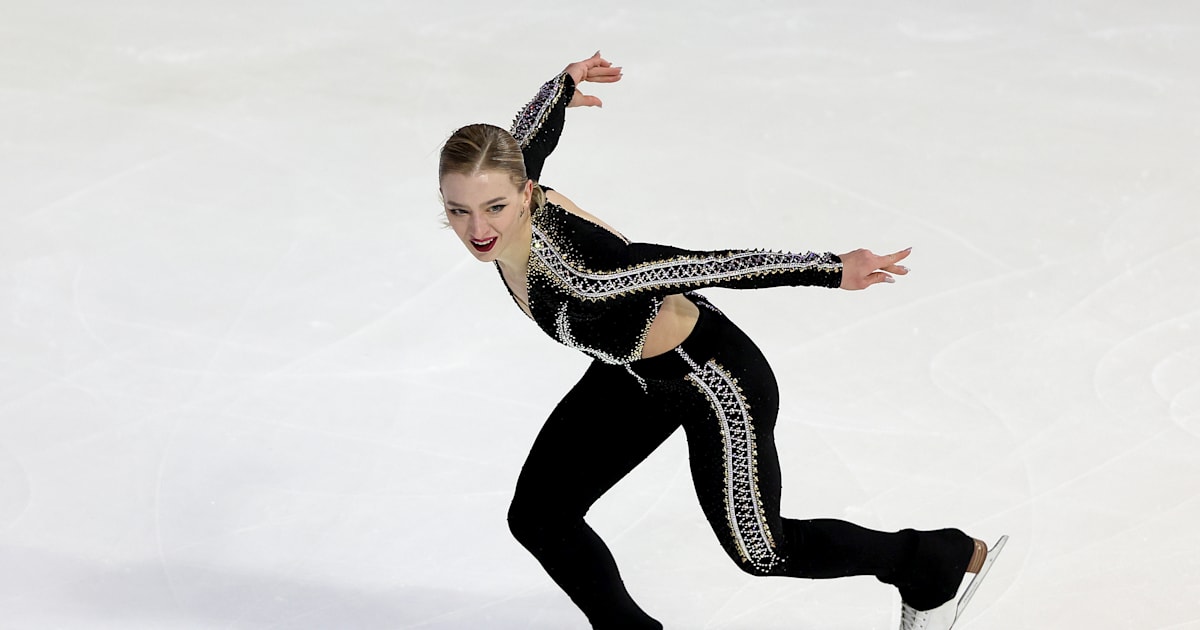Glenn on mental health as a human right
Glenn has persevered in a sport where many are retired by her age. Because of that, her maturity and breadth of experience have allowed her to tackle issue after issue – both the big and the small.
“[I’ve learned] it’s not about ‘what can I do right now,’ it’s about ‘what should I do,” she says, discussing a recent setback she faced when she got injured in practice, resulting in a black eye.
“For many athletes it’s a struggle to not rush through the recovery process to get back to the normal,” she continues. “But as I get older, the more important thing is to do things the right way.”
That “right way” has also included body image, positivity and an openness around disordered eating, which still casts a long, dark shadow over figure skating.
“I’ve seen much, much progress over the years but there’s still a lot to improve upon,” Glenn says.
“I still struggle with body image because of the years of feeling like I had to look a certain way to be accepted in the elite skating community,” she adds. “Now I focus on what my body can do; how I feel day-to-day. I’m an athlete, not a model – I love my body for what it can do, not for what others think of it.”
October 10th marked Mental Health Day, with this year’s theme being “mental health as a universal human right.”
How does Glenn interpret that?
“I interpret that as whoever you are, whatever your identity, sexuality,” she replies. “You deserve the chance to have peace in your own mind.”
